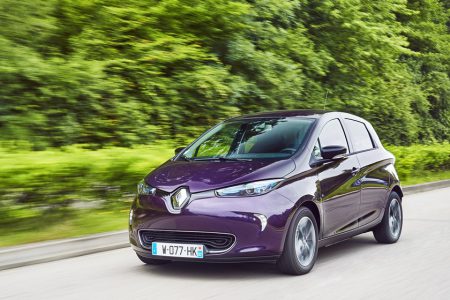Audi’s smaller battery pack and lower power e-tron 50 quattro should offer more fleet appeal for the company’s first pure-electric car.
Audi’s new lower-range e-tron 50 quattro sports a 71kWh battery pack and a 186-mile WLTP range, reducing the pack size by 24kWh – the same as the original Nissan Leaf – compared to its big brother e-tron 55 quattro, which offers a 95kWh battery and 241-mile WLTP range potential. The lower weight of the e-tron 50’s battery and by using the front motor only when absolutely necessary, Audi claims the car to be more efficient

Consequently, the new smaller battery cannot take the same maximum charge rate as its larger sibling, and drops to 120kW from 150kW. Despite the degradation in charge rate, because the battery is smaller, Audi says it will take approximately the same 30 minutes to charge from 0-80% as the more powerful variant at compatible rapid charge stations. An optional connect charging system, available later this year, adds smart charging functions such as off-peak charging, enabling customers to benefit from variable electricity rates by charging their Audi e-tron at more inexpensive times.
…
The new e-tron 50 quattro is designed to open the e-tron model to a wider audience and it has been confirmed for series production and will launch in the UK in 2020.
Read more: Fleet World




